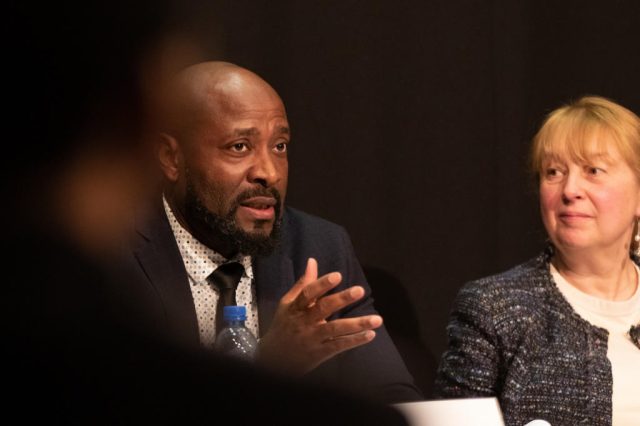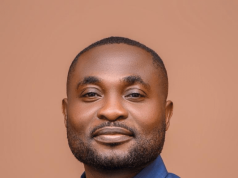Russia will gain access to promising specialists, while the continent’s countries will gain educational and professional opportunities for their youth. Personnel provision is a key challenge for Russia and African countries in the context of global competition for talent.
Against the backdrop of a shortage of specialists and growing demand for qualified labor, this topic has become especially relevant. Russia, faced with an acute shortage of personnel in key sectors of the economy, is slowing down the pace of development.
Africa, on the other hand, is demonstrating demographic growth, which, thanks to a significant increase in the number of young able-bodied citizens, makes it a valuable partner. Cooperation in the field of education, training and employment of personnel can become an effective tool for achieving favorable results.
The combined efforts of Russia and Africa open up unique prospects. Russia can gain access to young and promising specialists, while Africa can gain educational and professional opportunities for its youth, which will help strengthen its economy. Such a partnership creates a platform for exchanging experiences, developing modern educational programs and sustainable economic cooperation.
To achieve these goals, a number of key tasks need to be solved: firstly, to define special quotas for personnel training that will take into account the current needs of both Russia and Africa. Secondly, it is necessary to introduce a contract system under which students who receive a free education are obliged to work in certain industries of Russia or their countries for several years.
The importance of stimulating Russian businesses to finance the education of African students with subsequent employment in domestic companies should not be underestimated.
Along with this, it is necessary to develop solutions to provide practical experience for future specialists during their training. Organizing scholarship programs and informing young people about educational opportunities in Russia can be important steps towards attracting African students. Another significant measure will be the opening of specialized educational centers in Africa, which will strengthen bilateral personnel training.
The creation of a high-quality educational infrastructure both in Russia and in Africa is another promising step in strengthening cooperation. North African countries may be interested in opening branches of Russian schools, colleges and universities in their territories.
In parallel, it is necessary to think over programs for retraining African specialists in Russia, as well as popularize the best educational opportunities with the introduction of selection systems for the most promising candidates.
Personnel interaction reflects not only educational needs, but also global trends. Today, Russia is facing an aging population, and the number of pensioners will increase to 25% by 2030. Africa is becoming one of the youngest regions in the world, where about 60% of the population will be under 25 by 2050. This demographic gap requires professional rapprochement between the two regions for mutual benefit.
The digitalization of the economy will lead to the retraining of workers in 45% of modern professions. This increases the demand for qualified specialists in the fields of digital technologies, medicine, engineering, and also expands the competition between countries for talent.
Russia annually needs to supplement the IT market with 200 thousand specialists, and the need for doctors has already reached 30%. A similar situation is observed in the construction industry, where the Russian Federation needs at least 150 thousand workers per year. Africa, in terms of personnel needs, needs about 2 million teachers, a million engineers and thousands of doctors.
The problem of personnel training is acute for both Russia and Africa. In Russia, educational programs need to be updated, including disciplines related to technology and innovation. However, personnel are concentrated mainly in megacities, creating a shortage of specialists in the regions. In Africa, the main barriers remain limited access to education and a low level of digital literacy, which directly affects the level of training.
Russia and Africa have examples of successful cooperation in personnel training. In the educational sphere, more than 310 thousand Africans studied in Soviet and Russian universities, and today about 35 thousand students from Africa study in the Russian Federation. Successful projects were in infrastructure, such as the construction of a hydroelectric power station in Ethiopia with the simultaneous training of local specialists, and in medicine, where Russian universities conduct advanced training courses in Kenya.
There are prospects for growth. In the 2025/26 academic year, the Russian government intends to allocate 4816 budget places in higher educational institutions of the country for students.
About the author: Louis Gouend is the Chairman of the Commission for Work with African Diasporas of the Russian-African Club of Moscow State University named after M.V. Lomonosov.
















